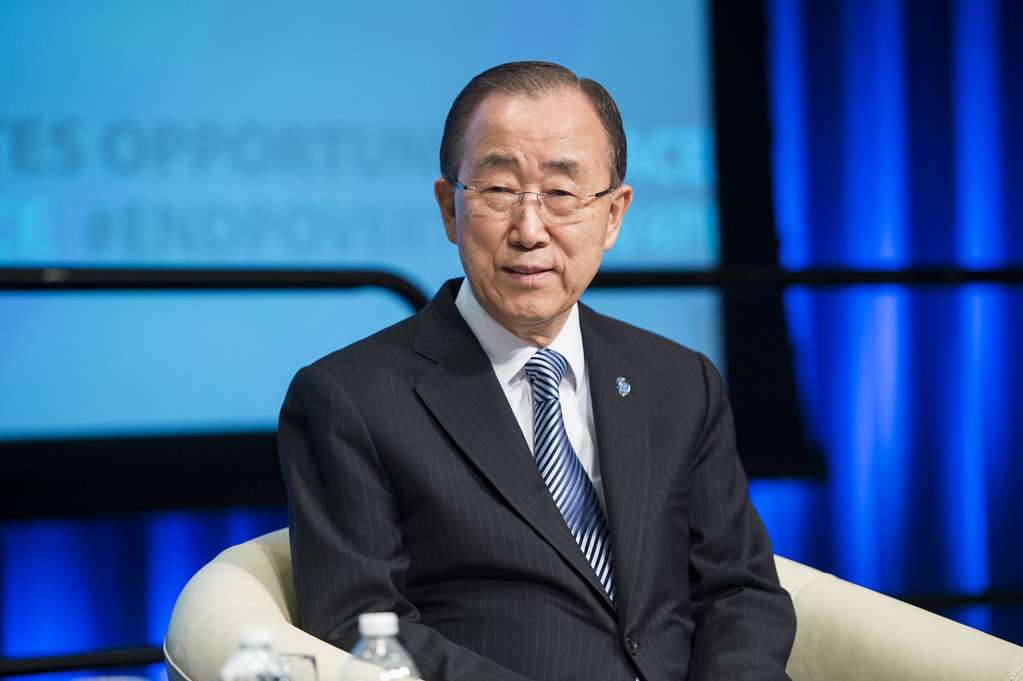
Challenges and Hope in Early Life
Ban Ki-moon was born in Eumseong County, South Korea, in 1944. His early life was marked by challenges, including the Japanese occupation of Korea and the Korean War. Despite these hardships, Ban emerged as a beacon of hope and an exemplar of the Korean spirit.
Academic Journey and Diplomatic Career
Ban’s academic journey began at Seoul National University, where he earned a degree in International Relations. He then went on to earn a Master’s in Public Administration from the John F. Kennedy School of Government at Harvard University. These degrees laid the foundation for his future diplomatic career.
Ban’s diplomatic career began in 1970, when he joined the Ministry of Foreign Affairs of the Republic of Korea. He held a number of key positions, including Ambassador to Austria and Foreign Minister of South Korea. These roles helped to shape his diplomatic skills, particularly in the areas of multilateral diplomacy and reconciliation on the Korean peninsula.
UN Secretary-General
Ban Ki-moon was elected UN Secretary-General in 2007. During his tenure, he made significant progress on a number of issues, including climate change, sustainable development, global health, gender equality, and peacekeeping.
Ban was instrumental in pushing forward the agenda on climate change. He played a key role in the negotiation of the Paris Agreement in 2015, a landmark agreement to combat climate change. Ban was also a strong advocate for sustainable development. He was a key figure in the development of the Sustainable Development Goals (SDGs), a set of 17 goals aimed at ending poverty, protecting the planet, and ensuring peace and prosperity for all by 2030.
Ban also made significant progress on global health, gender equality, and peacekeeping. He worked to improve global health cooperation, including the response to the Ebola epidemic. He also advocated for gender equality, including the appointment of more women to senior positions at the UN. Ban strengthened peacekeeping efforts in conflict zones, including the deployment of UN peacekeepers to South Sudan and the Central African Republic.
Post-UN Career
After leaving office as UN Secretary-General in 2016, Ban Ki-moon has continued to be involved in global affairs. He is the co-chair of the Ban Ki-moon Centre for Global Citizens, which works to empower youth and women to be active global citizens. He is also the chair of the Elders, a group of global leaders who work to promote peace and human rights.
Ban Ki-moon’s Legacy
Ban Ki-moon‘s legacy is one of global leadership and a commitment to peace and development. He is a role model for Koreans and people around the world. His story is a reminder that even the most daunting challenges can be overcome with perseverance, a global vision, and a commitment to peace and development.
Kim Yuna: Grace on Ice – South Korea’s Figure Skating Legend
Hi, I’m [jeybee]. As a long-time resident of Seoul, I’m passionate about uncovering the authentic, everyday magic of Korea. This blog is my way of sharing my favorite spots, tips, and cultural insights with you, beyond the usual tourist traps.

